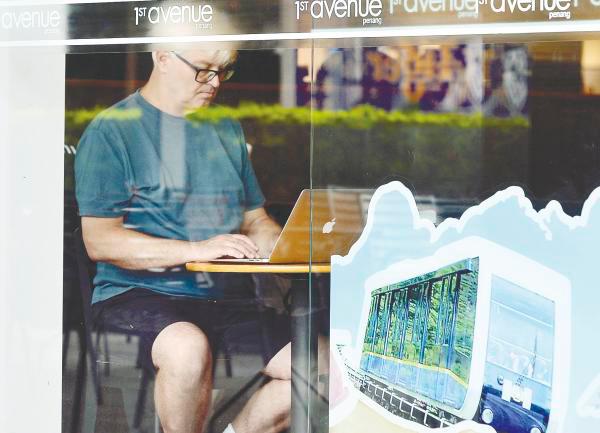PETALING JAYA: Since its launch on Oct 1, 2022, Malaysia’s special visa for digital nomads has gained ground and is set to meet its target of attracting 80,000 travellers by 2025, said Malaysia Digital Economy Corporation (MDEC) Digital Tourism head Arifah Sharifuddin.
She said as of June 30, the visa, officially called the DE Rantau Nomad Pass, received a total of 3,315 applications, of which 1,563 were approved.
“These approved applicants were from 78 countries, with the top five being Russia, Pakistan, the UK, Japan and Australia. It is popular because it provides a legal framework for digital nomads to work remotely from Malaysia.
“In the process, they also have the opportunity to blend their professional duties with opportunities to immerse themselves in our local culture, food and travel destinations.”
Arifah said digital nomads also enjoy extended stays compared with those on tourist visas, which further enables them to establish connections and maintain stable living conditions without the frequent need for visa renewals.
“Initially, the digital visa was targeted at tech and digital professionals but in June, eligibility was expanded to include professionals and talents from other fields.”
Arifah said most digital nomads are founders, CEOs, chief operating officers, tax accountants, legal counsels, technical writers, business development managers and public relations professionals.
She said non-IT and non-digital talents must meet a minimum income requirement of US$60,000 (RM280,000) annually, which enhances the accessibility of the digital visa to a broader range of professionals.
“We have put together the supporting ecosystems for digital nomads in Malaysia and they include 2,242 DE Rantau Hubs, which are accommodations certified by MDEC to be fit for digital nomads, and offer good living and working spaces, high-speed internet and various other facilities.”
Arifah said apart from the increased spending in the local economy and widening the tax base, the rise of digital nomadism fosters innovation and new business opportunities for Malaysians.
Meanwhile, Putra Business School Assoc Prof Dr Ida Md Yasin said digital nomadism brings positive economic and cultural benefits to the country.
“Their long-term stay at our hotels and apartments bring economic benefits to the country, while in the labour market, digital nomads exert an influence by contributing to supply and demand trends.”
Ida said digital nomads arrive here as workers and tourists, which is beneficial to the country as they spend time and money travelling around the country.
“Global data shows digital nomads stay for an average of seven months in a country. In Malaysia, about 90% of the approved digital visa holders stay for up to a year.”
She said based on MDEC’s 2023 Year End survey, digital nomads spend approximately US$2,000 monthly.









